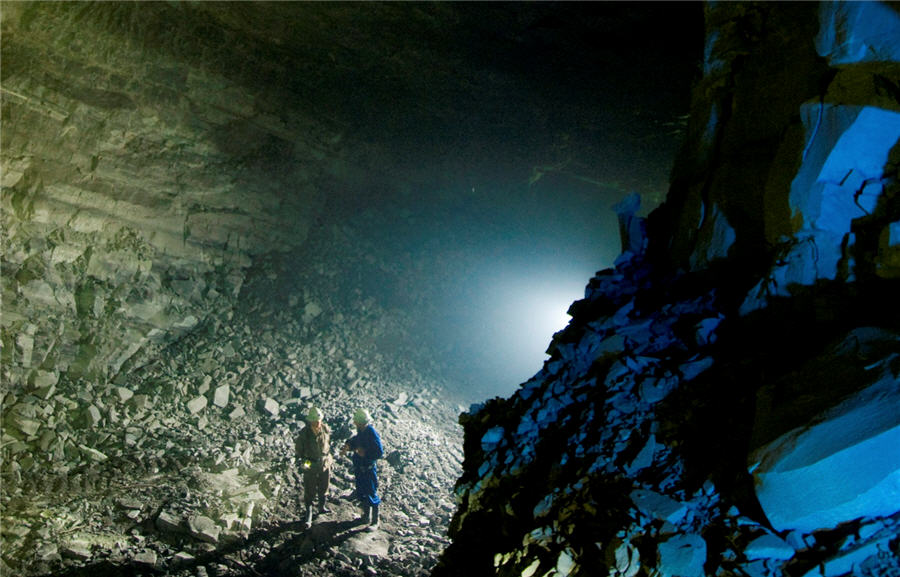
Glencore said on Wednesday its copper and cobalt production fell in 2020 after the Mutanda mine closure in Democratic Republic of Congo but said the ramp up of another mine in the African country was progressing well.
The London-listed company, which also mines coal, nickel, silver, lead, gold and zinc, stuck to all of its production targets for 2021, after trimming coal guidance last year.
The mining and trading firm said copper production fell 8% to 1.26 million tonnes in 2020 compared to a year earlier, while cobalt production dropped 41% to 27,400 tonnes.
Coal production in 2020 was down 24% to 106 million tonnes
Excluding the impact of the closure of Congo’s Mutanda mine, 2020 copper output was in line with the previous year and cobalt was 6,200 tonnes higher due to Katanga mine ramping up, Chief Executive Ivan Glasenberg said.
Glencore, the world’s biggest thermal coal exporter, has said it will deplete existing coal reserves.
Coal production in 2020 was down 24% to 106 million tonnes. In Colombia, the miner suffered a three-month strike at its Cerrejon coal mine and the closure of its Prodeco mine. Coal output from Australia was lower.
Glencore said it planned to reach net-zero carbon emissions by 2050 with a 40% reduction in its direct and indirect carbon footprint by 2035 compared with 2019 levels, making them fully aligned with the Paris agreement on climate change.
Most of Glencore’s larger operations were not affected by closures caused by the covid-19 pandemic, but output was hampered at its ferrochrome operations in South Africa, oil fields in Chad and a nickel mine in New Caledonia.
Zinc output rose 9% to 1.17 million tonnes while ferrochrome production was 28% lower at 1 million tonnes.
Analysts at JP Morgan said Glencore fell slightly short of its expectations for coal, nickel and copper production while beating on zinc and ferrochrome. They maintained a “neutral” recommendation on the miner.
(By Zandi Shabalala and Muvija M; Editing by Edmund Blair)
Comments